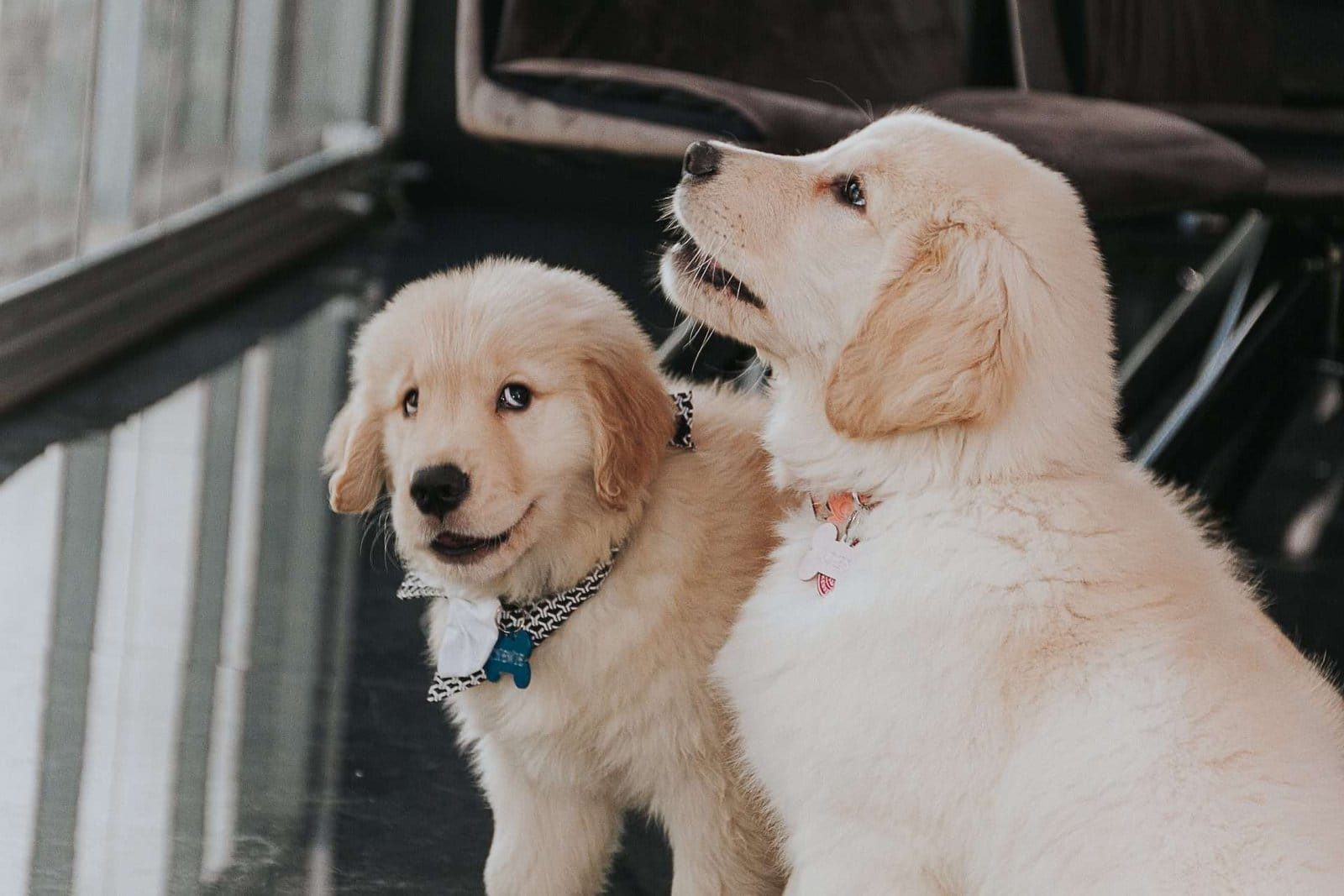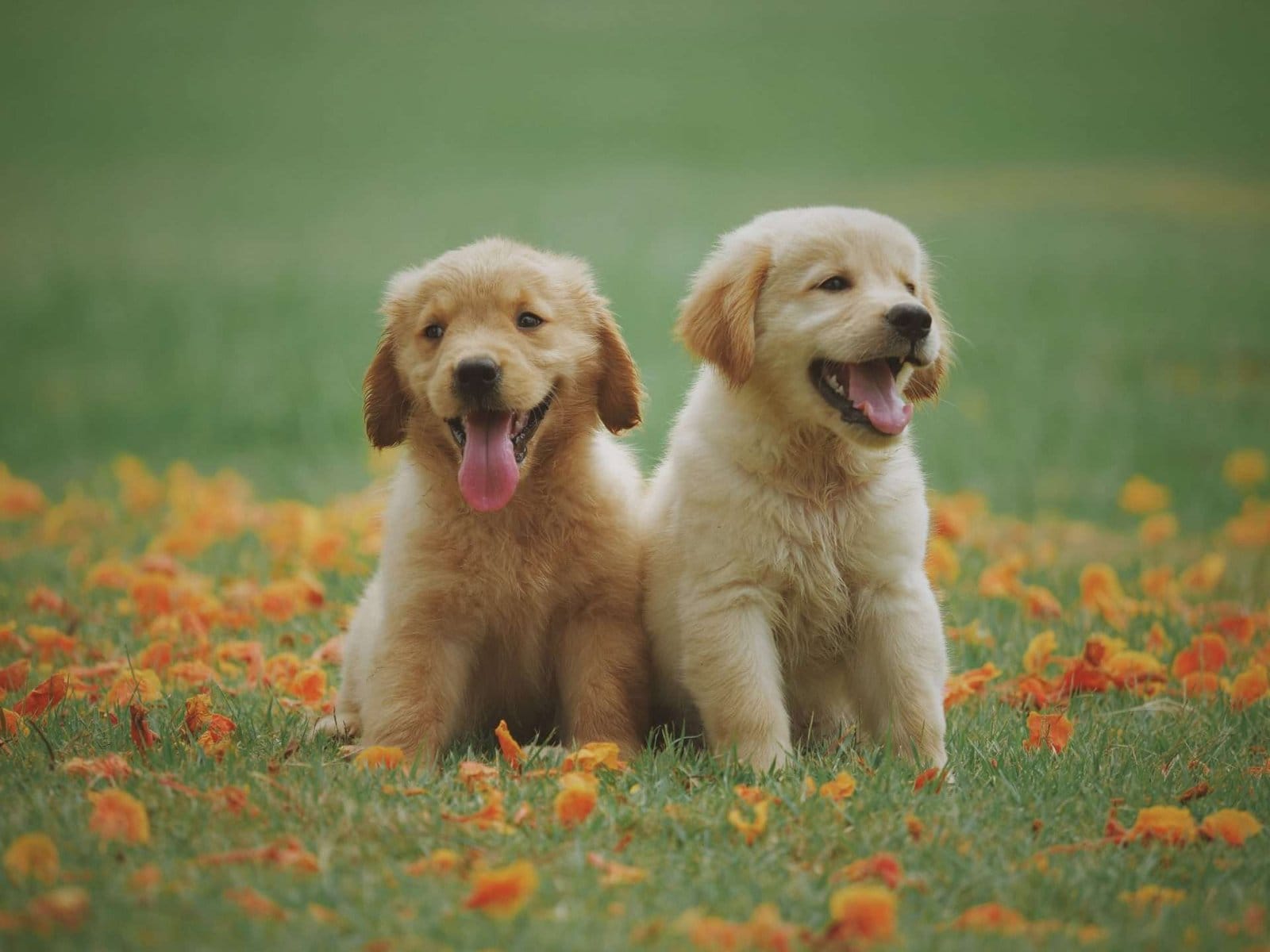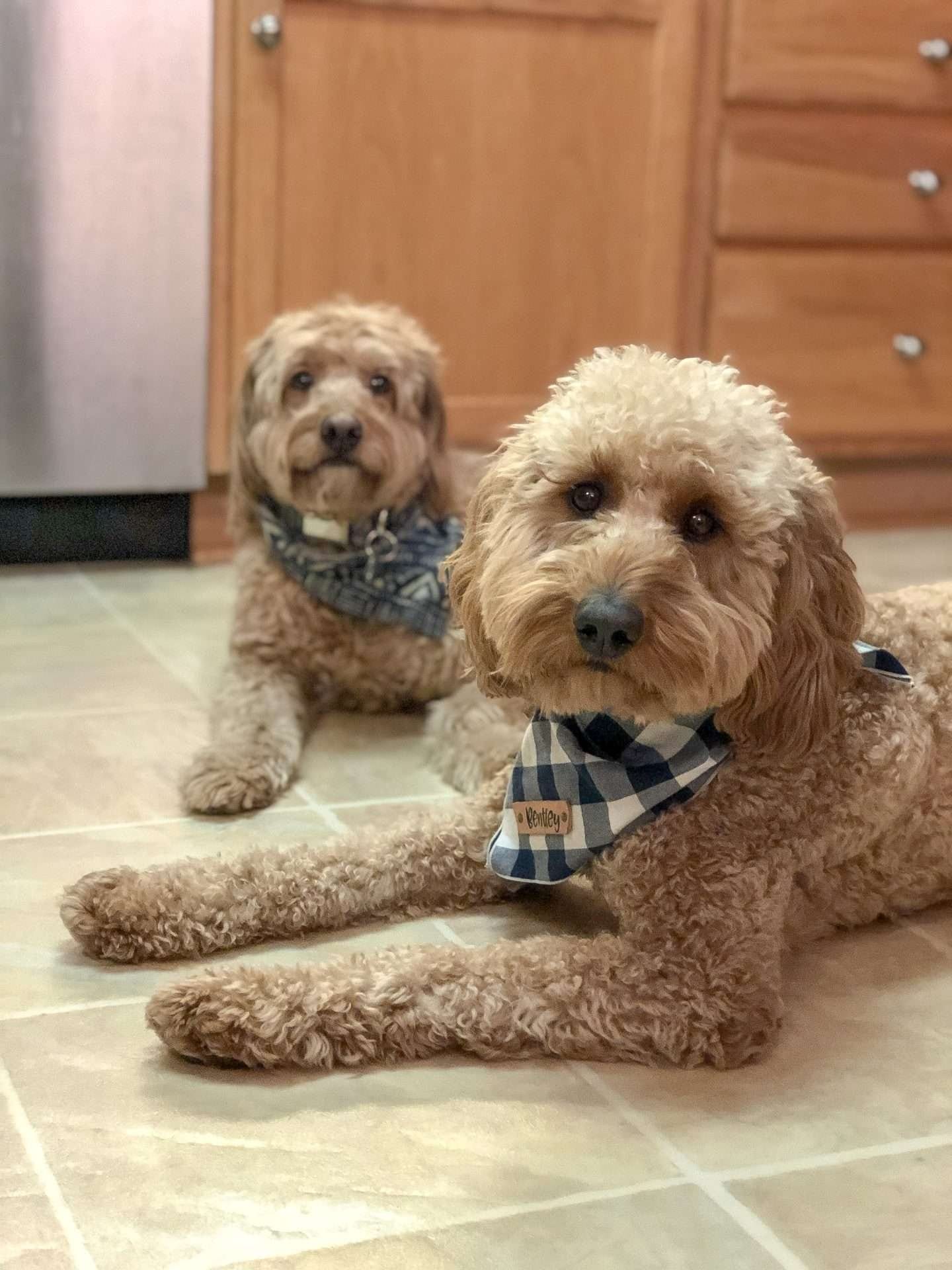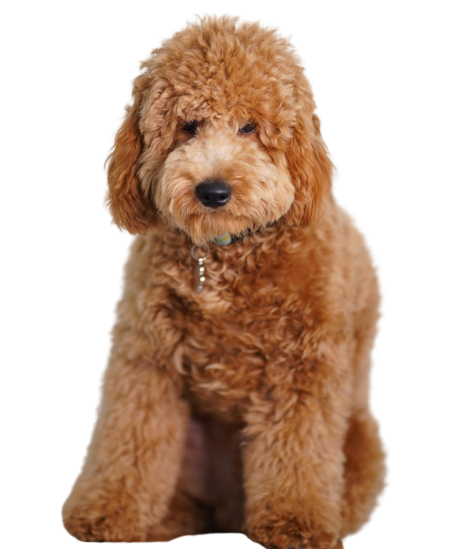Mini Goldendoodles are hybrid dogs, bred from a Golden Retriever and Poodle mix resulting in an intelligent and social breed. A full-grown Mini Goldendoodle can stand between 10-15 inches tall at the shoulder and weigh anywhere between 20-40 pounds. This breed is usually friendly with other dogs, strangers, and families alike, making them great family companions.
To raise a healthy and confident Mini Goldendoodle puppy, it is important to get them used to different people, animals, and places. Doing this when they are young helps them grow up strong and brave. Set up a routine for your puppy and let them explore new things. Training courses can also help reinforce these goals so get your pooch on the path to puppy perfection!
In this article, we’ll discuss the importance of socializing your Mini Goldendoodle puppy and provide some tips on how best to do it. Read on for more information!

Importance of socialization
Socialization is essential when it comes to raising a well-behaved puppy that will grow into a confident adult dog. It helps ensure your pup develops strong relationships with others while forming positive associations with the environment around them. Socialization can also help reduce anxiety, fear, and aggression in dogs which is why it’s important to start socializing your Mini Goldendoodle as early as possible.
Puppyhood Developmental Stages
| 7-8 Weeks | 8-10 Weeks | 10 Weeks – 4 Months |
| many Mini Goldendoodle puppies are weaned and ready to transition into their new homes. This is a good time to adopt since they’re becoming more independent and eager to explore | these pups may go through a period of being timid as they tend to stick close by and become startled easily. It’s important that any exposure is non-threatening and noises kept minimal | until the pup enters its juvenile stage in which it will be much more curious about its surroundings – perfect for introducing new experiences and continuing socialization efforts until adulthood (though keep an eye out for a second fear period around four or five months) |
It is important to recognize that puppies go through several developmental stages during puppyhood that can influence their response to new experiences.
From 10-12 weeks of age until 4 months old, they will continue learning but may become more cautious so proceed slowly when introducing something completely unfamiliar or uncomfortable.

Early Socialization Strategies
Establish a daily routine
Creating a predictable and consistent routine for your pup can help them feel secure in their environment and be open to new experiences. This could include setting aside time each day for meals, walks, playtime, and cuddles with you or other family members. Having scheduled activities will keep your puppy engaged and busy helping them stay out of trouble.
Introducing unfamiliar people
It’s important to introduce your pup to lots of different people from all ages, sizes, genders, and backgrounds as early as possible so they don’t become fearful or apprehensive when encountering unfamiliar faces later on in life. You can start by having friends or family come over to your house and offering treats so that your pup associates the visit with something positive.
Interacting with other canines
Positive experiences when socializing with other canine companions will help foster strong relationships between your pup and other dogs. Taking them to puppy playdates, dog parks or obedience classes will give them the chance to learn how to interact appropriately with their peers.
Acclimating to different animals
Your Mini Goldendoodle should also be exposed to different types of animals such as cats, birds, rodents, reptiles, and farm animals in a safe and controlled environment so they don’t become fearful or aggressive when encountering these creatures later on in life.

New environments & sensations
Take your pup on car rides, to the beach, or even on a hike so they can become accustomed to new sights, sounds, and smells. This will help them remain calm in unfamiliar situations later on in life such as visits to the veterinarian.
Look into Training Courses
Training courses are an excellent way to further expose your Mini Goldendoodle to different people and animals while learning basic obedience commands like sit, stay, and come when called. These classes also provide an opportunity for your pup to learn how to interact with their peers appropriately which is key for social development.

The Bottom Line
Socialization is essential for puppies which will help ensure that they grow into confident, well-adjusted adult dogs. Establishing routines and exposing them to different people, animals, and new experiences helps create a strong foundation for future social interactions. Training courses can also help reinforce these goals so get your pooch on the path to puppy perfection!

